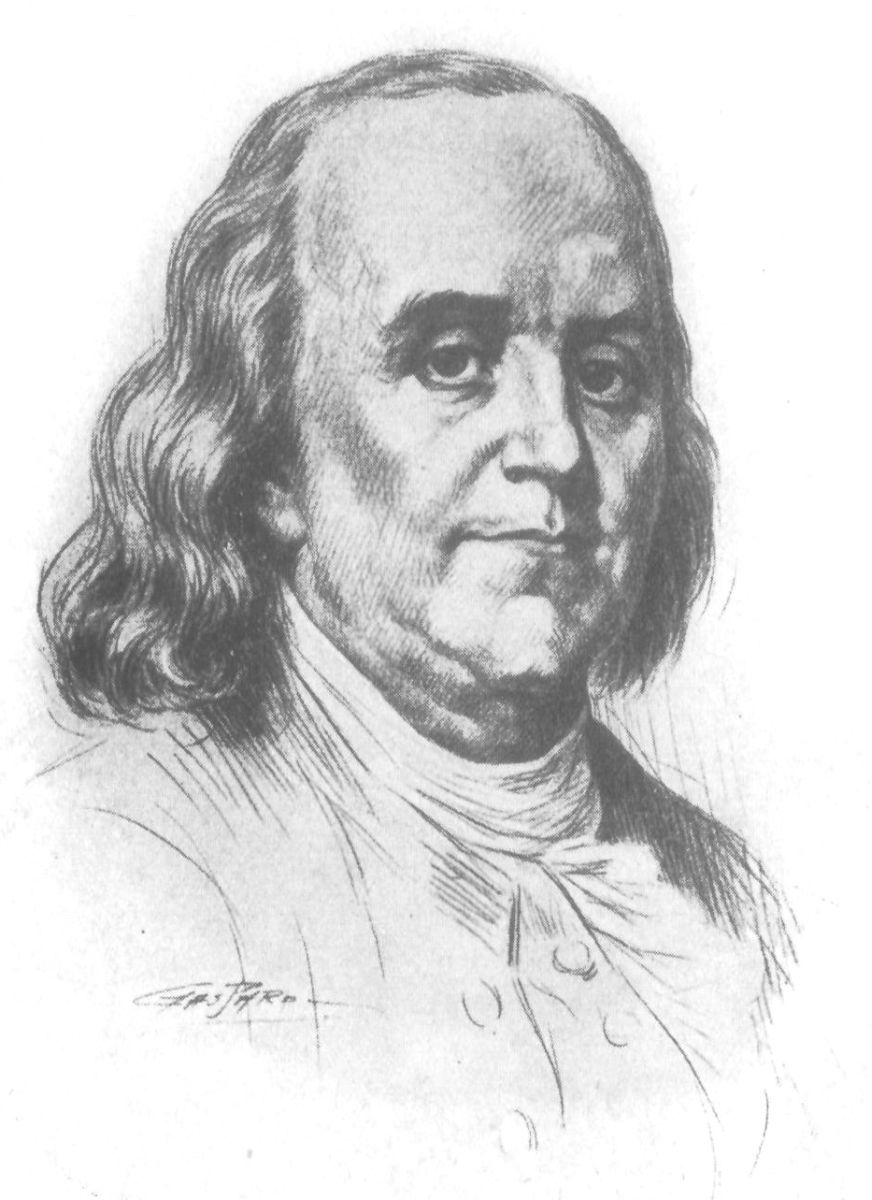The first time I heard the word humongous was in the ninth grade. I remember my friend Dave Vansant who got it marked off on his English paper. The teacher, John Hebden, told him it wasn’t a real word and that unless he could show it to him in a published article, he wouldn’t change the paper. Ahhh, poor Mr. Hebden. Today, humongous is in the dictionary And as a portmanteau of two words that are related in meaning, but not precisely the same, humongous is an excellent example of how English functions to enhance nuance of meaning and conciseness of language simultaneously, increasing the overall operating efficiency of communication.
Huge and monstrous. What do those two words together mean? More than big certainly. Big with a personality, because something does not have to be big to be monstrous. They think it was college kids in America, about 1968, who first tied huge and monstrous together as a bit of cute slang. We’ve all played this game as kids. GI’s in WWII were famous for their often bizarre and humorous language constructions (SNAFU, Ginormous). But humongous really stuck. It got the vote of the people who speak English every day in America as a word that they found useful to convey not just physical size of an almost incomprehensible nature, but, as with all good adjectives, also as a word that can be used allegorically to represent those challenges in life that seem to take on gigantic physical proportions. A “humongous problem” is a phrase often heard pan-industry in America today. A “humongous issue” is one confronted by our leaders of society. And is it “a” or “an”? “A” sounds better, but that “h” justs begs the “an”. Pronunciation probably dictates the “a”, as “an” is preferable when the “h” is silent or under-emphasized. The “h” of huge is clearly emphatic. And the delivery of the word humongous itself is usually emphatic. I have personally seen individuals engaged in physical contortions when describing something and using the word humongous to do so.
So let’s wish humongous a happy fortieth birthday and welcome him to the language as a fully grown-up word and one of our most recent examples of the dynamic quality of English. Some of the oldest languages in the world have national academies that approve of the proper and official language. That is not the case with English and that is fortunate as humongous surely would have ended up on the trash heap, disparaged by an intellectual bureaucracy resistant to change.
And let’s not forget about Dave Vansant. He found humongous in a magazine, sure enough. It might have been Playboy or High Times, but it was legitimate and Mr. Hebden was as good as his word and gave Dave credit on his paper.
-L. Lawless,
Philadelphia Correspondent


No comments:
Post a Comment